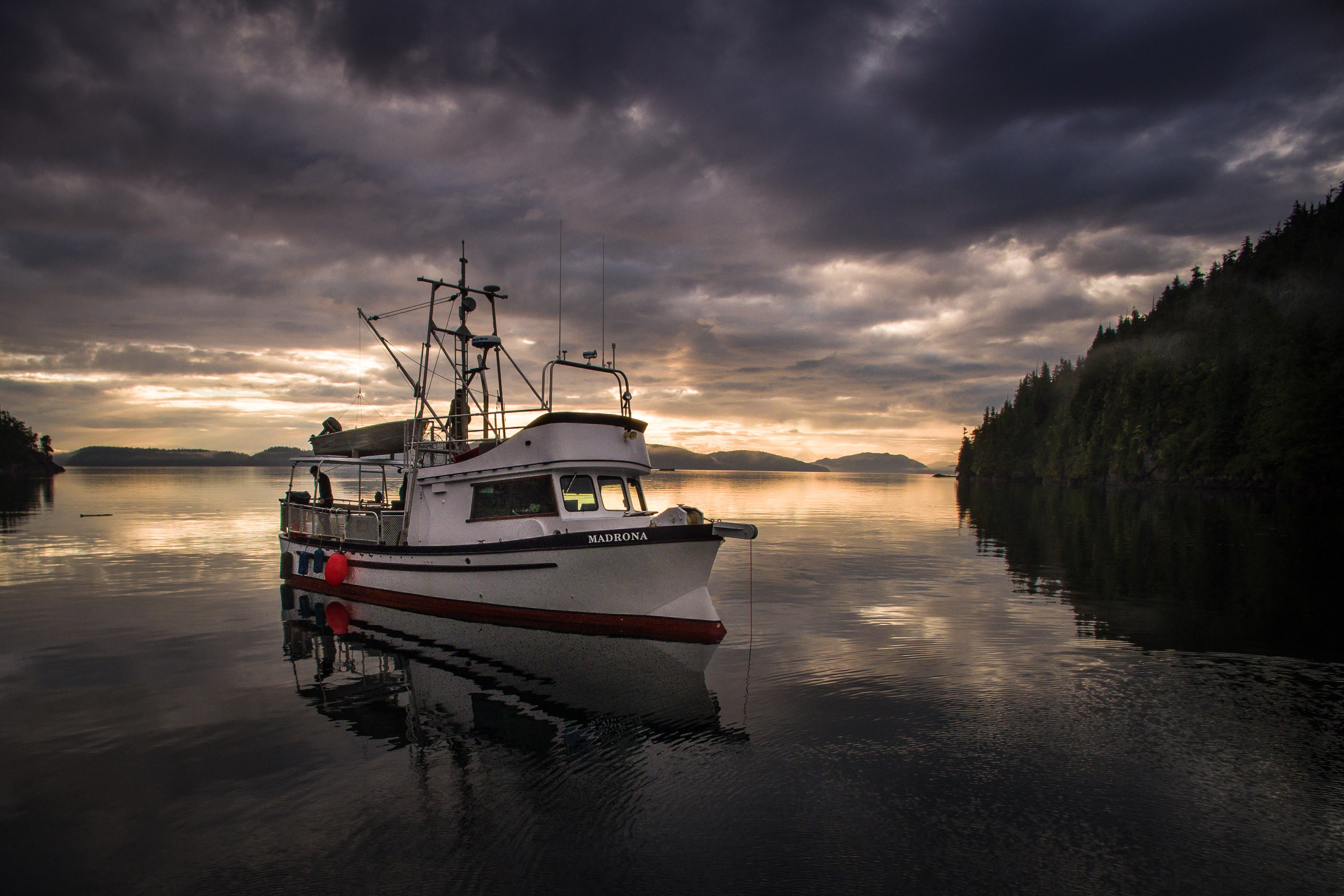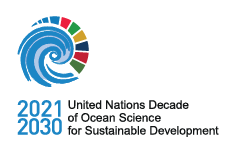Jan 25, 2024 | 7:00AM - 12:33AM | PST | Online
Topics at the Nexus of Climate Change, Fisheries, and Blue Foods: Shifting Species Distributions

Jointly hosted by the UN Ocean Decade Programs Blue Food Futures, Fisheries Strategies for Changing Oceans and Resilient Ecosystems (FishSCORE), and Sustainability, Predictability, and Resilience of Marine Ecosystems (SUPREME)
This webinar series highlights current efforts and challenges along the spectrum of the climate-fisheries nexus. Presentations and discussions will range from data-driven efforts being undertaken around the world to better understand oceanographic and biological changes affecting fisheries, to how the results can be used to inform fisheries management, aquaculture, and sustainable food decisions, to the many ways people and broader communities are being impacted by and adapting to the way these changes impact marine ecosystems and marine resource use.
Registration:
Register HerePresenters:
Jacqui Vogel is a PhD student with a joint appointment at San Diego State University and University of California Santa Barbara. She has spent the last few years with the Environmental Defense Fund researching topics related to climate-resilient fisheries management and ocean conflict. Her current research focuses on climate-impacted transboundary fisheries, the adaptive capacity of fishers and fishery management systems to change, and emerging threats in the Arctic Ocean.
She will present Transboundary fish stocks and ocean conflict under climate change: The Arctic and other case studies. This talk will cover an ongoing research initiative focused on transboundary fisheries, redistributions under climate change, and increasing risk of ocean conflict. The findings of a 2023 paper on drivers of conflict and resilience in shifting transboundary fisheries will be presented, followed by an overview of a predictive, data-driven tool called Oceans Futures that builds upon this work. The Arctic will be briefly explored as a spotlight region where a confluence of climate risk, geopolitical factors, and emerging exploitative threats are an increasing cause of concern.
Melissa Karp is a Fish Biologist in NOAA’s Office of Science & Technology’s National Stock Assessment Program (NSAP) located in NOAA’s headquarters offices in Silver Spring, MD. Her work focuses on supporting efforts to advance stock assessments methodology in the U.S., particularly related to the incorporation of ecosystem and climate information in the assessment and management process. Melissa first joined the NSAP team in 2017 as a Sea Grant John A. Knauss Marine Policy Fellow. She received a M.S. in marine science from the Virginia Institute of Marine Science in 2016 and a B.S. in Biology and Environmental Science from Tufts University in 2013.
She will present information about the newly released Distribution Mapping and Analysis Portal (DisMAP), which is a user friendly and interactive website designed to provide visualization and analysis tools to better track, understand, and respond to shifting distributions of marine species. Marine species are moving in response to climate change, with impacts reaching far beyond the individual species moving to affect entire ecosystems, fisheries interactions, and coastal economies. Robust information on past, current, and expected future distributions of marine species is critical for effective ecosystem-based management and decision-making in all ocean use sectors. In general, information on species distributions is dispersed across multiple sources and regions and therefore not easily accessible across fisheries governance boundaries. In response to this need, NOAA Fisheries launched a new state-of-the-art mapping portal to consolidate information on species distributions into one easily accessible, interactive website: DisMAP. The current version of the portal displays data from fishery-independent surveys for six US regions (Northeast, Southeast, Gulf of Mexico, West Coast, Hawaii, and Alaska) and includes a map viewer and graphing capabilities to explore the distributions of over 400 marine fish and invertebrate species caught during the surveys. The portal is being developed in phases, with plans for future releases to include additional data types, model outputs, and functionalities. The interactive website will improve data sharing and collaboration, help fisheries managers and the fishing industry better plan for and respond to changes, and increase overall knowledge of species distributions. User-friendly tools like this play a critical role in decision-making for a climate-ready future. She is the project lead of this effort.
